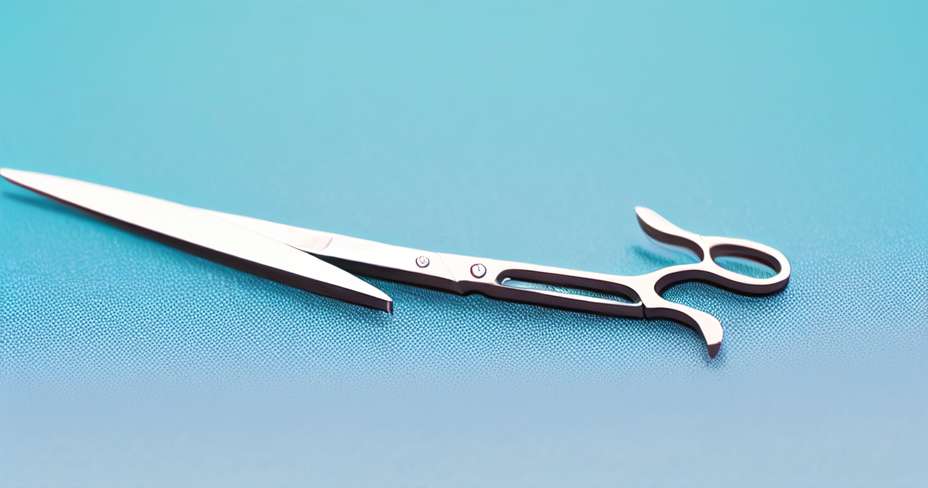Know it thoroughly!
April 2024

The Valvular prostheses they are implanted through a heart intervention to replace the damaged valve with another of a biological or mechanical type; they can also make the difference between life and death. When heart valves get sick they occur two types of injuries : the narrowing or fusion of the valve (stenosis), which hinders the emptying of the heart, and insufficiencies or defective closure that allows blood to back up in the heart. Some injuries cause early choking and fatigue (mitral stenosis) but others only give symptoms in very advanced stages of the disease (aortic stenosis). The surgical repair of a valve implies its reconstruction, so that it works correctly or its replacement by a valvular prosthesis.
According to the Spanish Society of Cardiology, the valves are replaced in:
There are two types of valves: mechanical ones, made of materials such as plastic, metal and, in the most recent models, a small cylinder of pyrolytic carbon; and biological ones, made from animal or human tissue. On the other hand, there are bioprosthesis that can be implanted percutaneously (by puncture in the femoral artery, in the leg, similar to a catheterization, without surgery) in adult patients with aortic stenosis degenerative with high risk for surgery or who do not wish to undergo surgery. The percutaneous implantation of aortic valves is a very attractive procedure for patients, since there is no need to open the chest, in many cases it does not general anesthesia (It is done with sedation) and allows discharge from the hospital early.